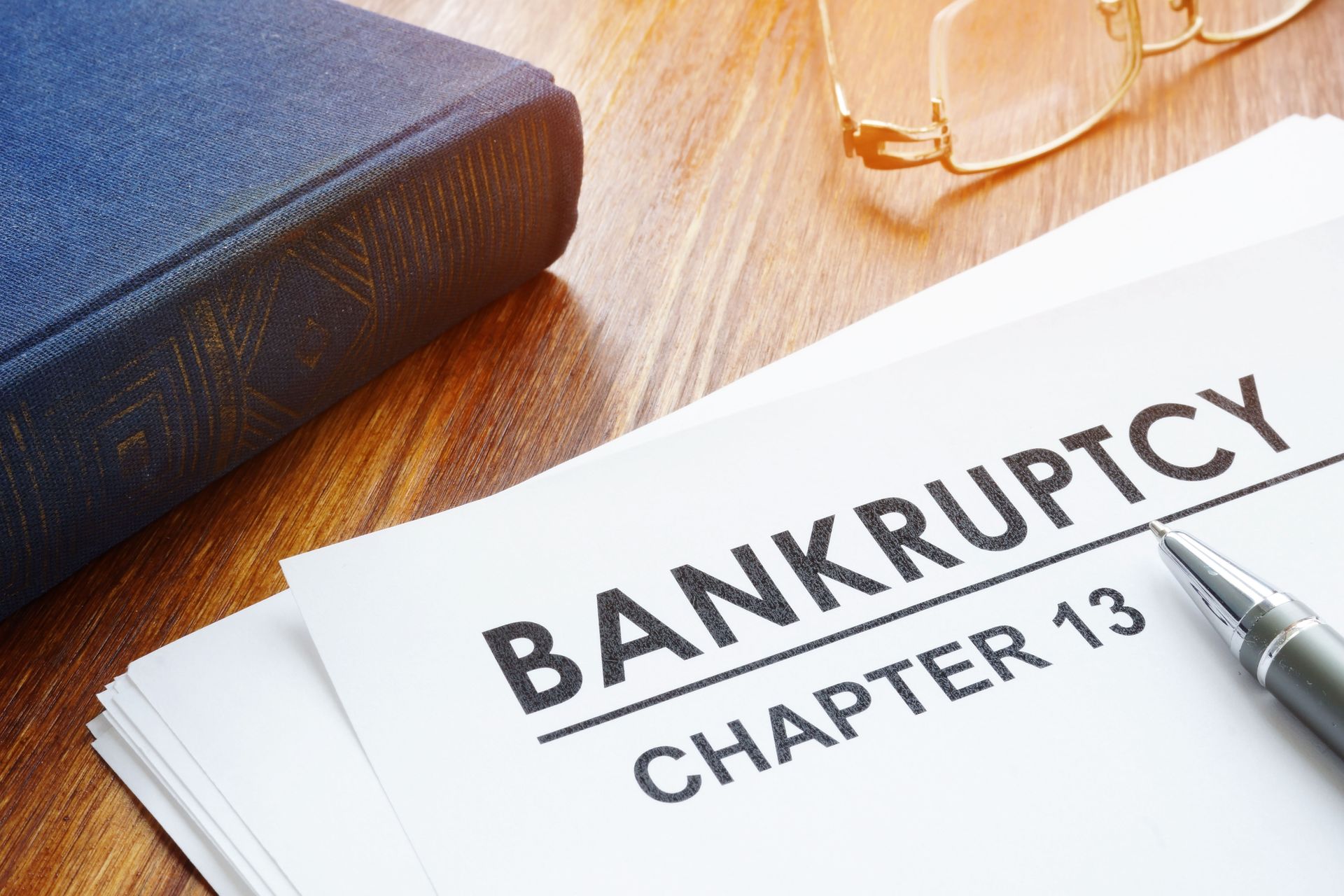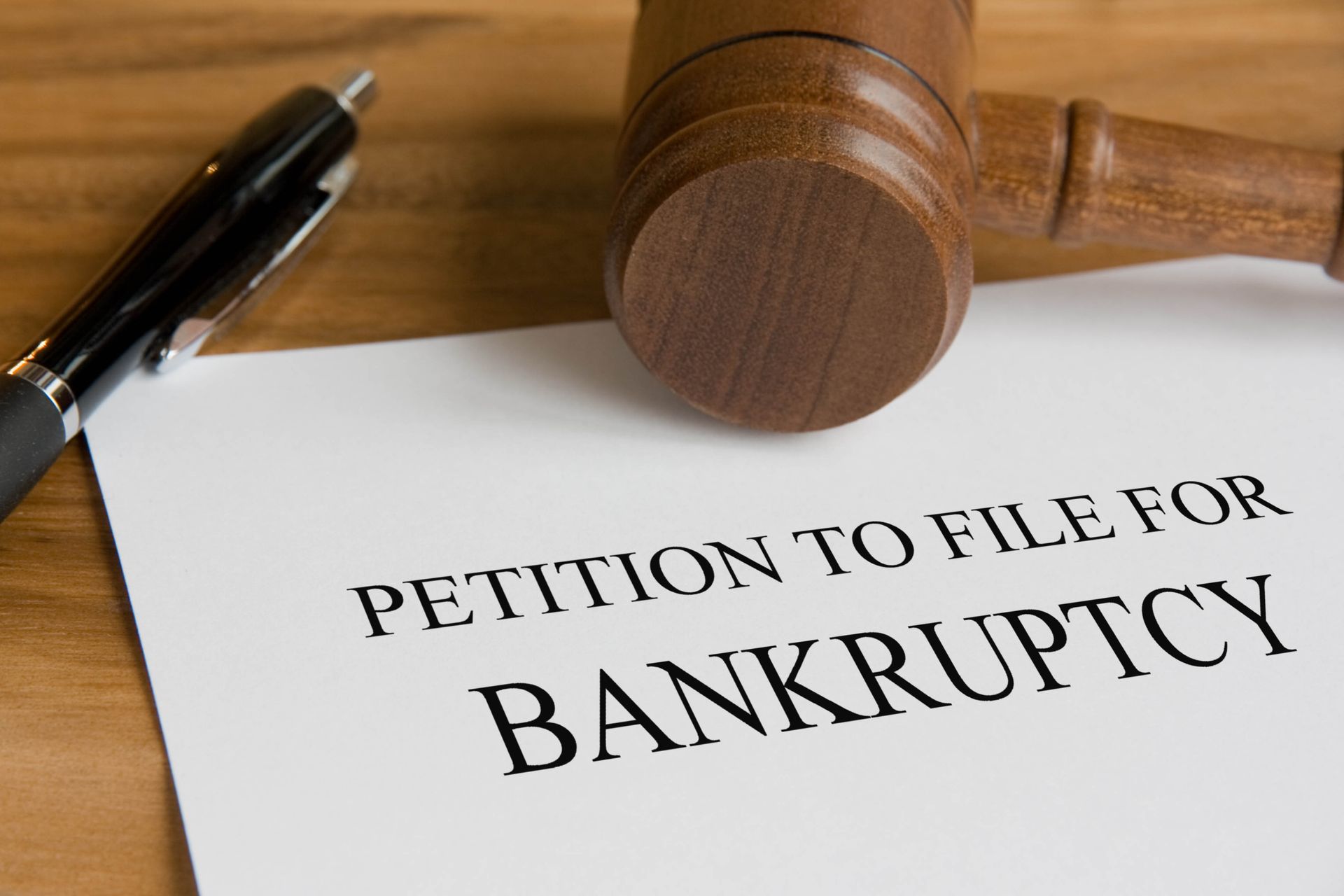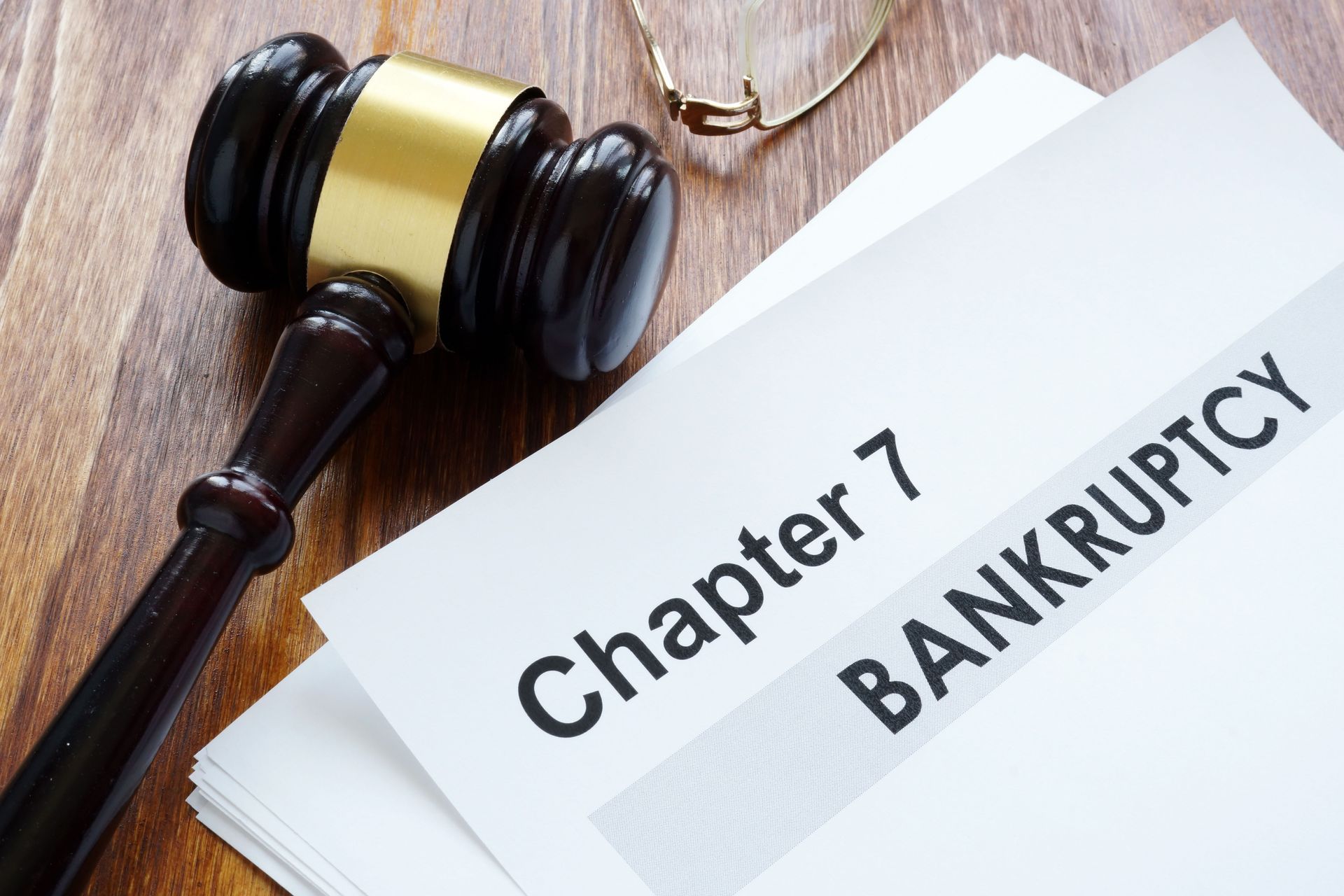Chapter 13 Bankruptcy, Explained
Bankruptcy is a scary thought for most people. Even though no one sets out with the goal of filing bankruptcy, it is sometimes the best option. If you think bankruptcy might be an option for you, it’s important to learn a bit about this procedure first. Here are a few things you should know about Chapter 13 bankruptcy.
Who Benefits From Chapter 13 Bankruptcy?
Chapter 13 bankruptcy is often the option recommended for individuals who have a job, and are making money, but have fallen behind in their debt payments. It’s sometimes even referred to as the Wage Earner’s Bankruptcy. Most of the people who file for this legal option have run out of other ways to get out of debt. Usually, payments have fallen behind, and late fees have piled up to such a point that there is no other way out.
This is also usually the path chosen if there is an unmanageable amount of medical debt and families have had to prioritize that debt over paying credit cards or loans. Although bankruptcy is often synonymous with financial failure, it can also be viewed as the beginning of a fresh start. Most people learn some very valuable lessons during bankruptcy and are able to take their newfound knowledge into the next phase of their lives and make much better financial decisions.
How Chapter 13 Bankruptcy Works
If you file for Chapter 13, you will submit a reorganization plan with the help of a local bankruptcy lawyer. According to information from Debt.org, you'll have three to five years to resolve your debt while applying all of your disposable income toward debt reduction. As part of the reorganization plan, certain assets can be safeguarded. These can include your house in some cases. This is one way in which Chapter 13 is vastly different from Chapter 7 bankruptcy, in which all assets are up for liquidation.
Items That You Can't Discharge
It’s important to know that you can’t discharge all payments that you might owe someone during a Chapter 13 bankruptcy. For instance, child support, alimony, and student loans will not be discharged. You are still responsible for these payments. Most tax payments will also be required to continue as before as well.
These are just a few things you need to know about Chapter 13 bankruptcy. If you’d like to learn more or if you’re in need of a
local bankruptcy lawyer, please contact Christman & Fascetta LLC today. We're here to help.









Share On: